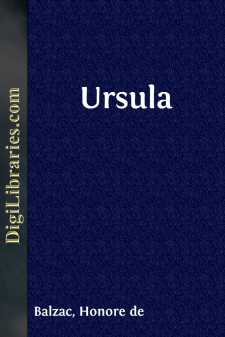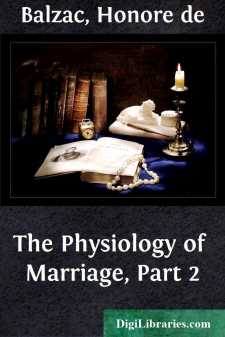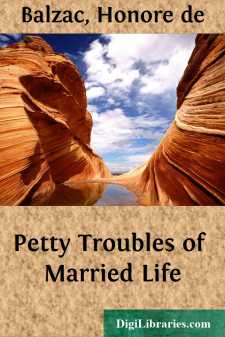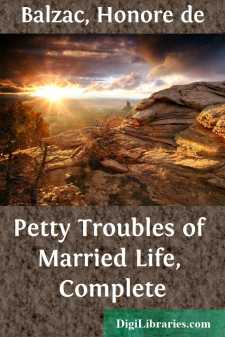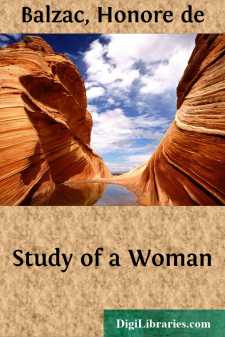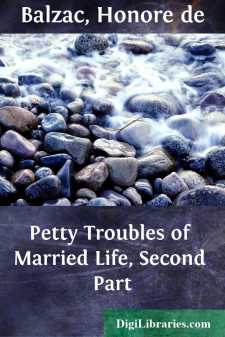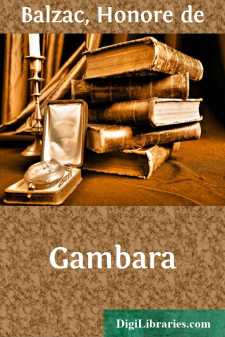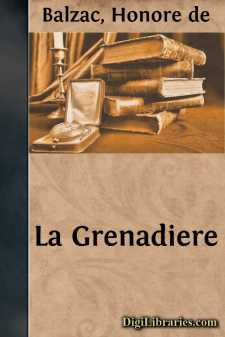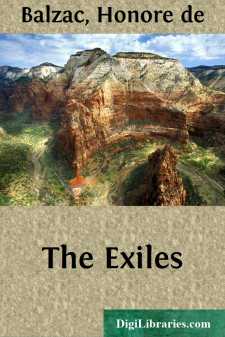Categories
- Antiques & Collectibles 13
- Architecture 36
- Art 48
- Bibles 22
- Biography & Autobiography 815
- Body, Mind & Spirit 144
- Business & Economics 28
- Children's Books 18
- Children's Fiction 14
- Computers 4
- Cooking 94
- Crafts & Hobbies 4
- Drama 346
- Education 58
- Family & Relationships 59
- Fiction 11833
- Games 19
- Gardening 17
- Health & Fitness 34
- History 1378
- House & Home 1
- Humor 147
- Juvenile Fiction 1873
- Juvenile Nonfiction 202
- Language Arts & Disciplines 89
- Law 16
- Literary Collections 686
- Literary Criticism 179
- Mathematics 13
- Medical 41
- Music 40
- Nature 179
- Non-Classifiable 1768
- Performing Arts 7
- Periodicals 1453
- Philosophy 65
- Photography 2
- Poetry 896
- Political Science 203
- Psychology 44
- Reference 154
- Religion 515
- Science 126
- Self-Help 85
- Social Science 82
- Sports & Recreation 34
- Study Aids 3
- Technology & Engineering 59
- Transportation 23
- Travel 463
- True Crime 29
Our website is made possible by displaying online advertisements to our visitors.
Please consider supporting us by disabling your ad blocker.
Ursula
by: Honore de Balzac
Categories:
Description:
Excerpt
CHAPTER I. THE FRIGHTENED HEIRS
Entering Nemours by the road to Paris, we cross the canal du Loing, the steep banks of which serve the double purpose of ramparts to the fields and of picturesque promenades for the inhabitants of that pretty little town. Since 1830 several houses had unfortunately been built on the farther side of the bridge. If this sort of suburb increases, the place will lose its present aspect of graceful originality.
In 1829, however, both sides of the road were clear, and the master of the post route, a tall, stout man about sixty years of age, sitting one fine autumn morning at the highest part of the bridge, could take in at a glance the whole of what is called in his business a "ruban de queue." The month of September was displaying its treasures; the atmosphere glowed above the grass and the pebbles; no cloud dimmed the blue of the sky, the purity of which in all parts, even close to the horizon, showed the extreme rarefaction of the air. So Minoret-Levrault (for that was the post master's name) was obliged to shade his eyes with one hand to keep them from being dazzled. With the air of a man who was tired of waiting, he looked first to the charming meadows which lay to the right of the road where the aftermath was springing up, then to the hill-slopes covered with copses which extend, on the left, from Nemours to Bouron. He could hear in the valley of the Loing, where the sounds on the road were echoed back from the hills, the trot of his own horses and the crack of his postilion's whip.
None but a post master could feel impatient within sight of such meadows, filled with cattle worthy of Paul Potter and glowing beneath a Raffaelle sky, and beside a canal shaded with trees after Hobbema. Whoever knows Nemours knows that nature is there as beautiful as art, whose mission is to spiritualize it; there, the landscape has ideas and creates thought. But, on catching sight of Minoret-Levrault an artist would very likely have left the view to sketch the man, so original was his in his native commonness. Unite in a human being all the conditions of the brute and you have a Caliban, who is certainly a great thing. Wherever form rules, sentiment disappears. The post master, a living proof of that axiom, presented a physiognomy in which an observer could with difficulty trace, beneath the vivid carnation of its coarsely developed flesh, the semblance of a soul. His cap of blue cloth, with a small peak, and sides fluted like a melon, outlined a head of vast dimensions, showing that Gall's science has not yet produced its chapter of exceptions. The gray and rather shiny hair which appeared below the cap showed that other causes than mental toil or grief had whitened it. Large ears stood out from the head, their edges scarred with the eruptions of his over-abundant blood, which seemed ready to gush at the least exertion. His skin was crimson under an outside layer of brown, due to the habit of standing in the sun. The roving gray eyes, deep-sunken, and hidden by bushy black brows, were like those of the Kalmucks who entered France in 1815; if they ever sparkled it was only under the influence of a covetous thought....


